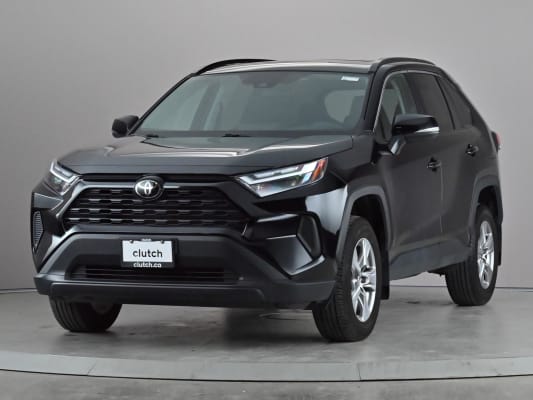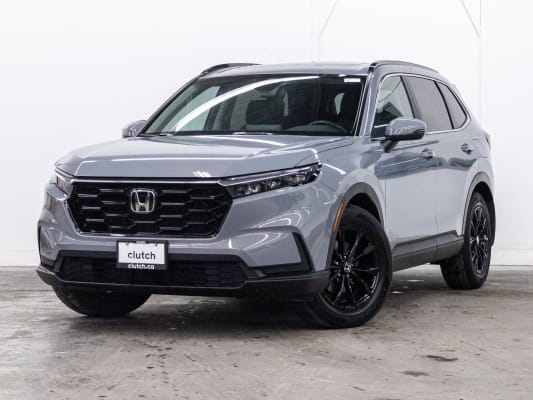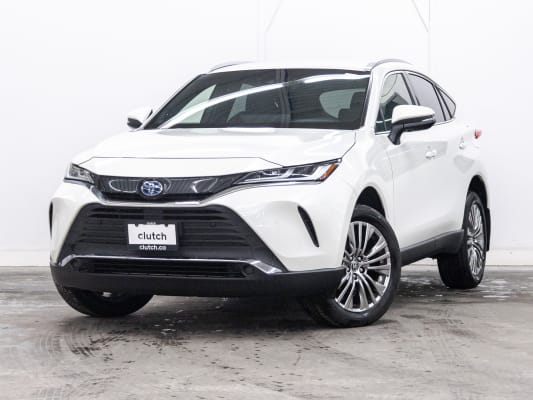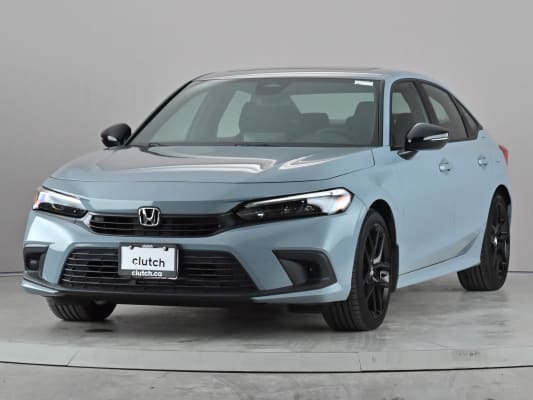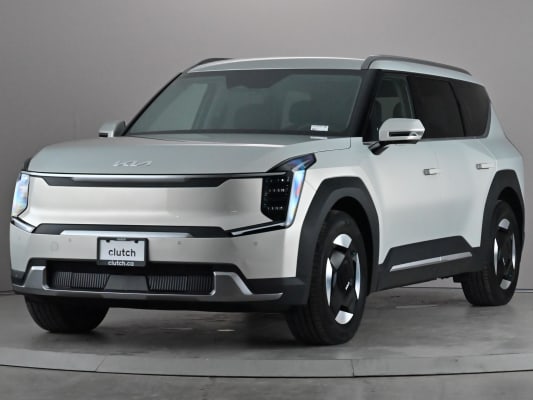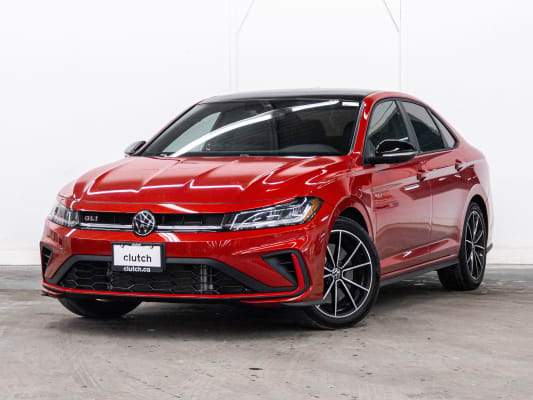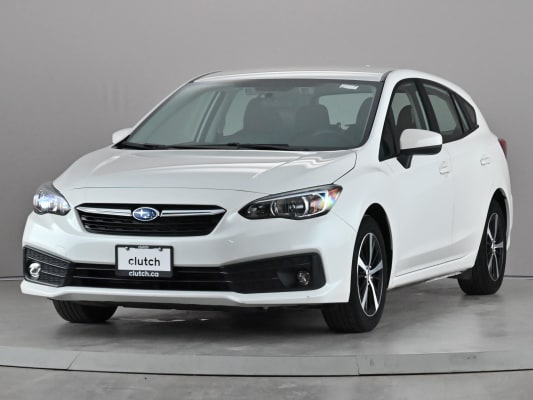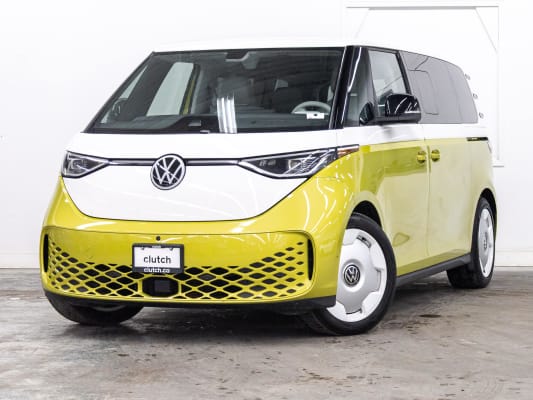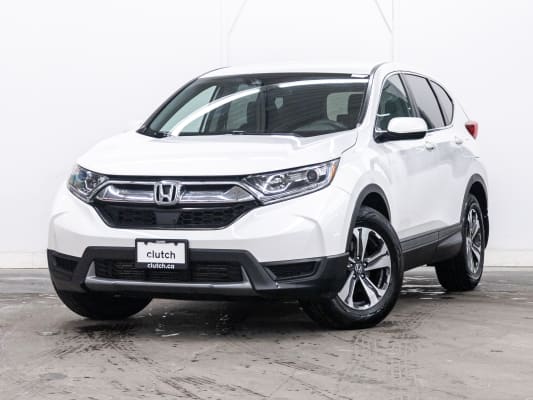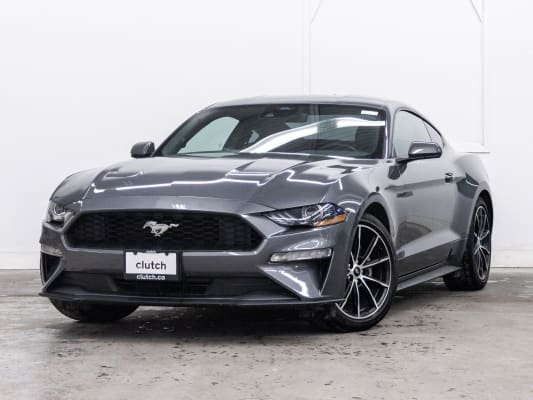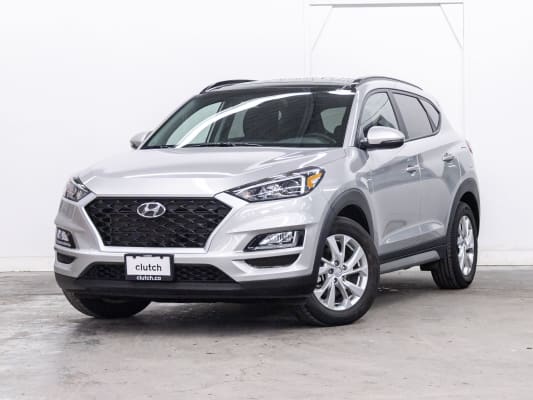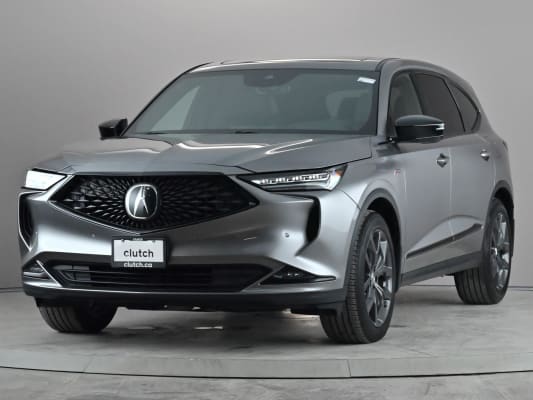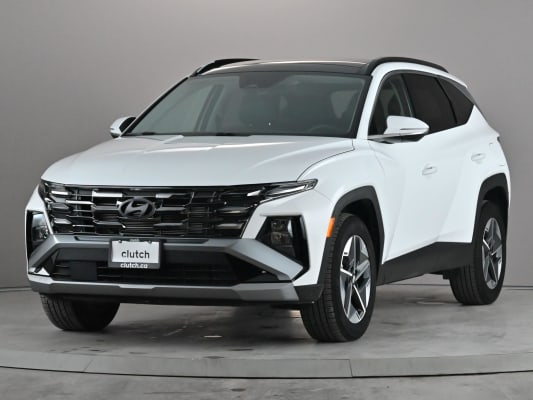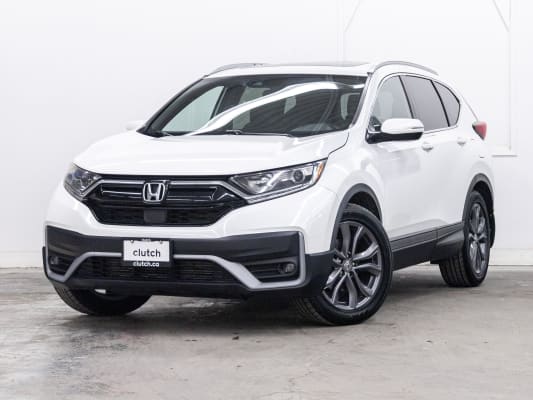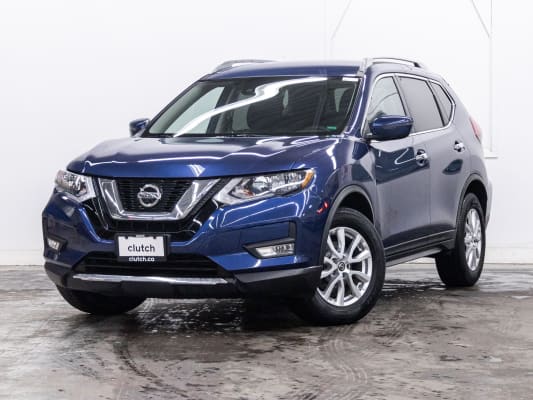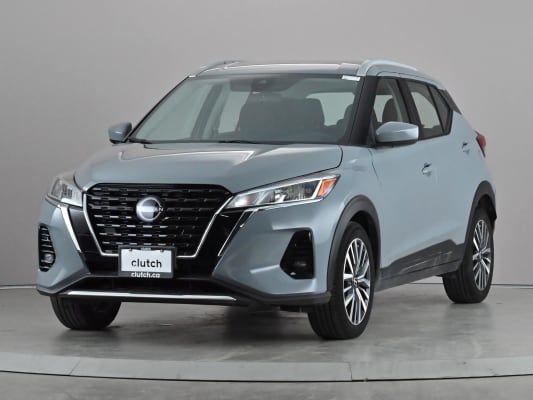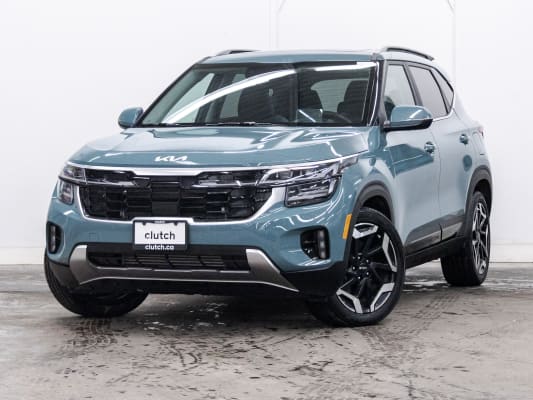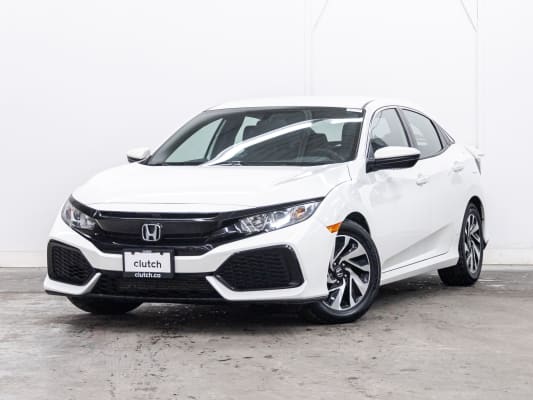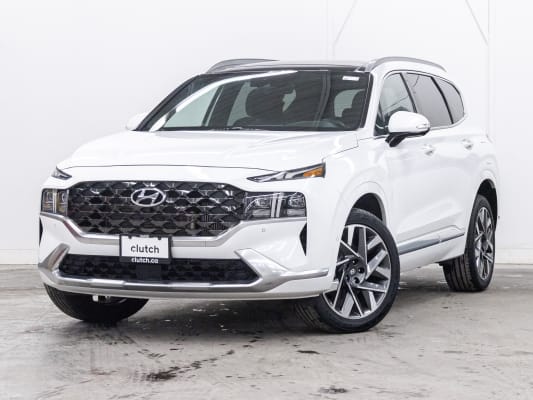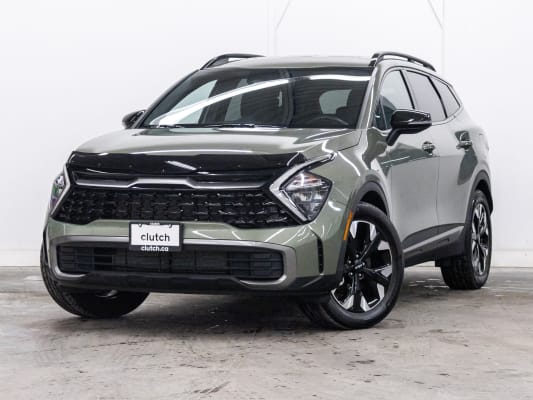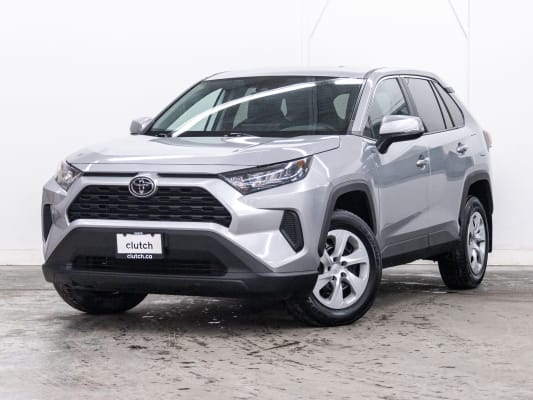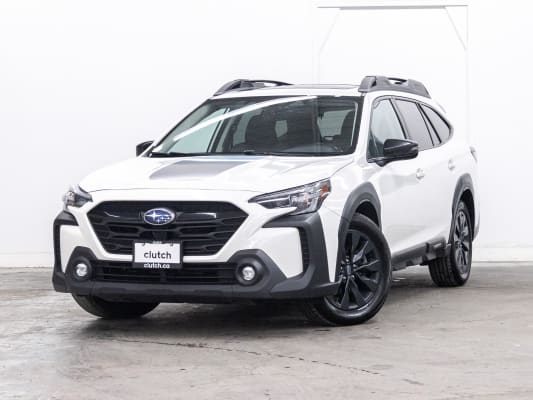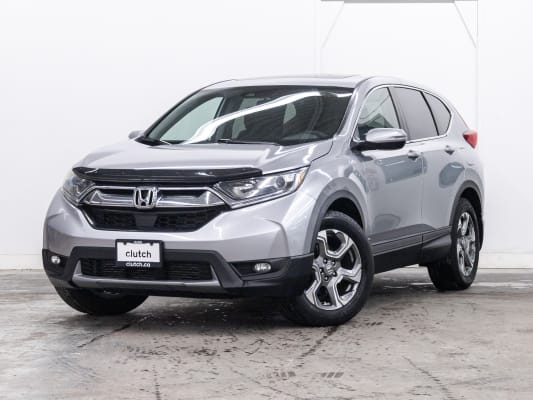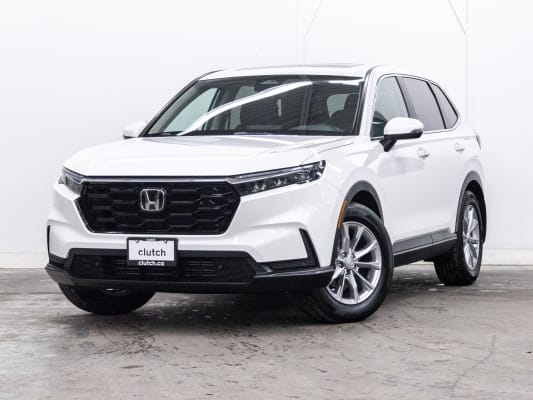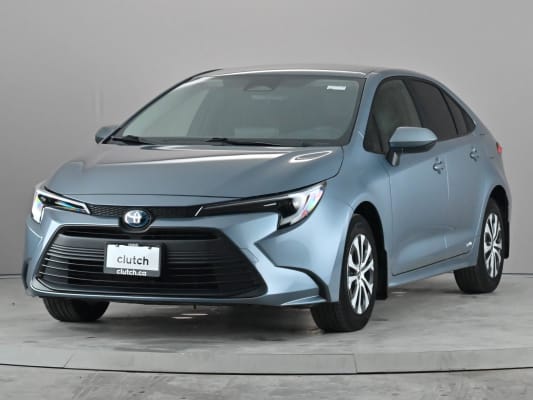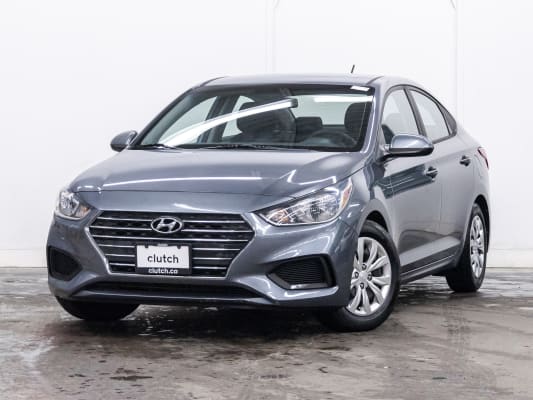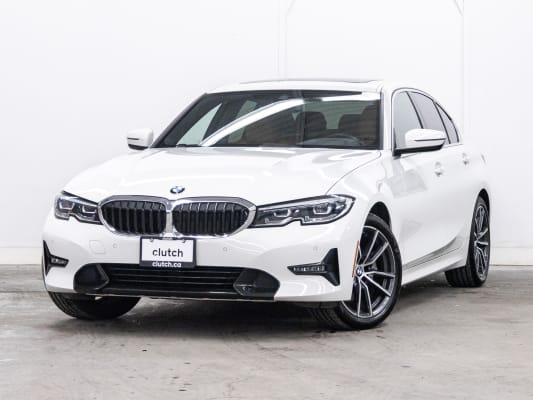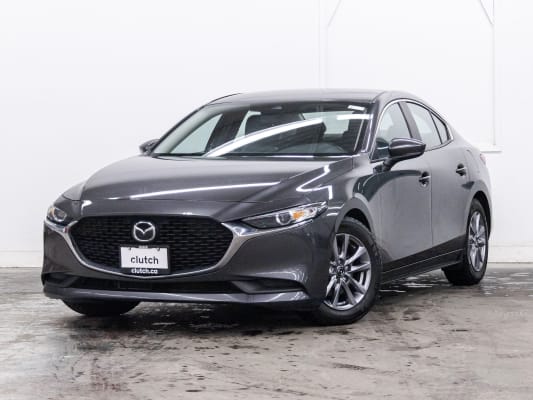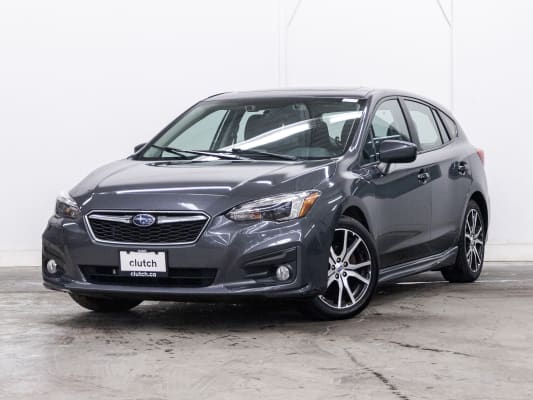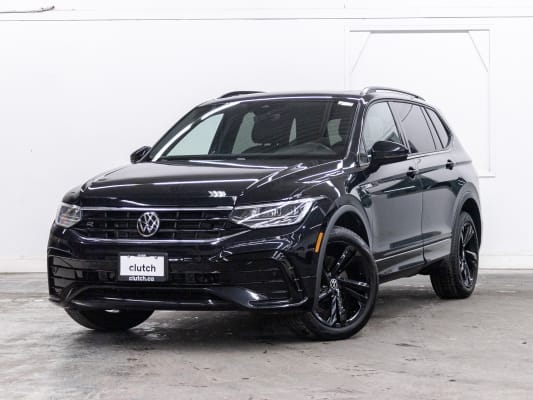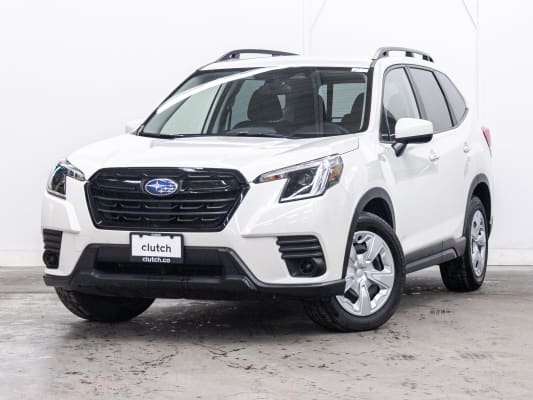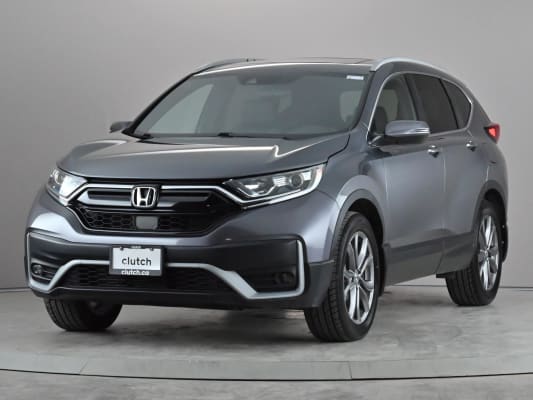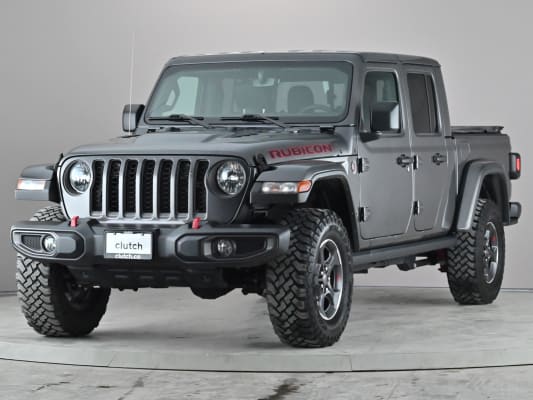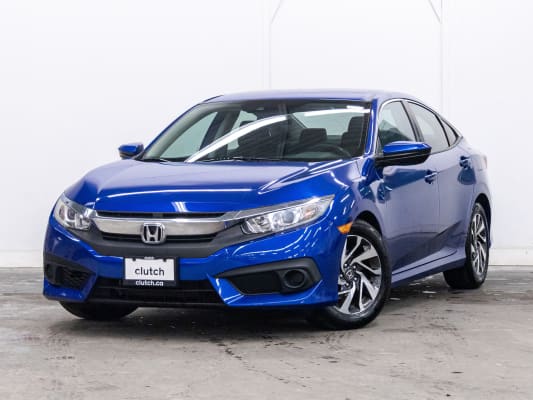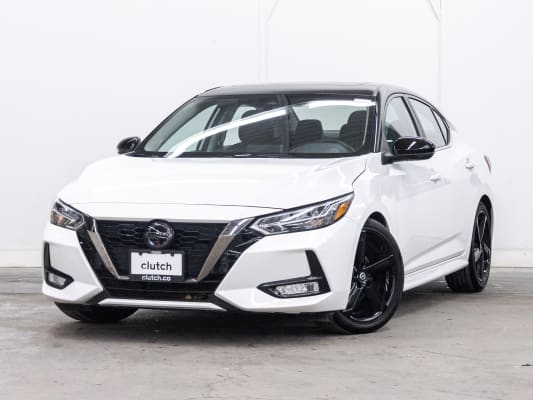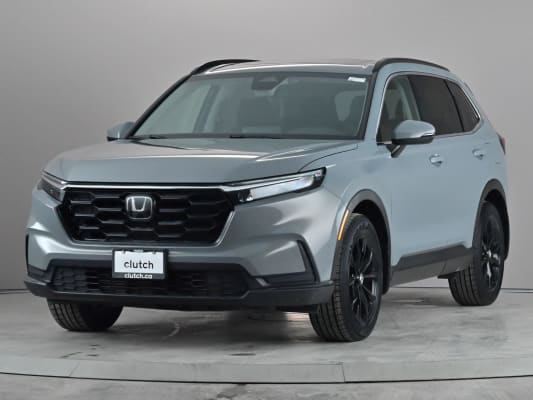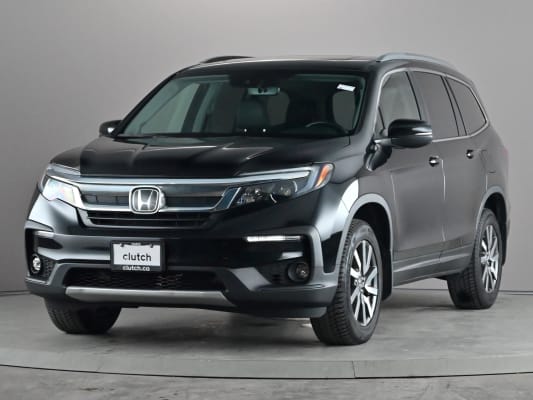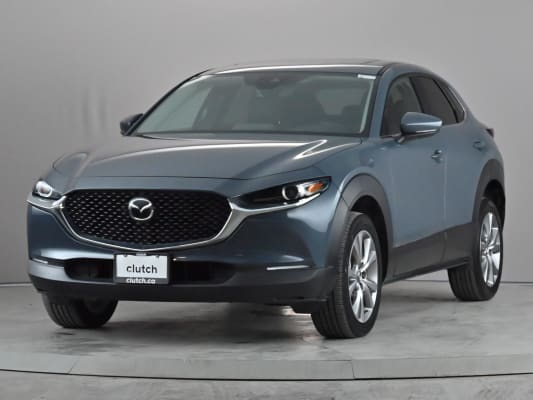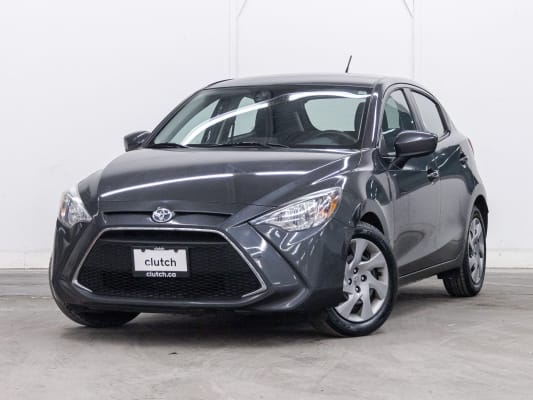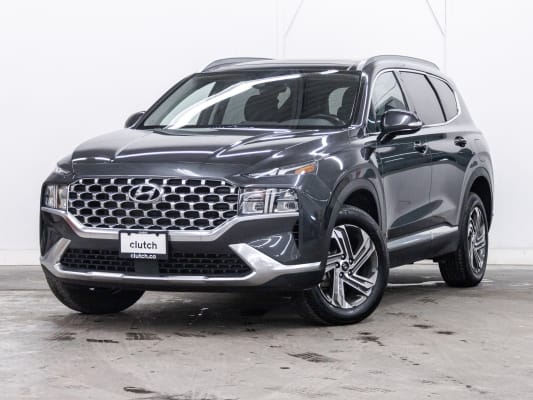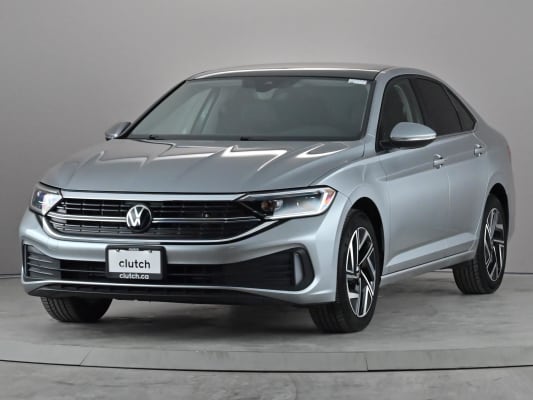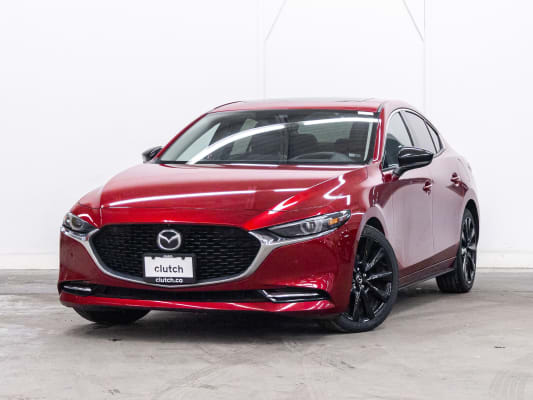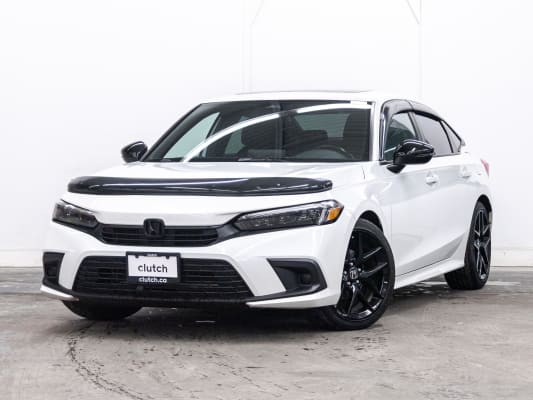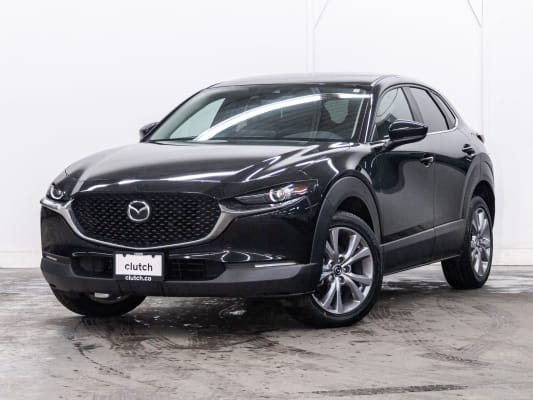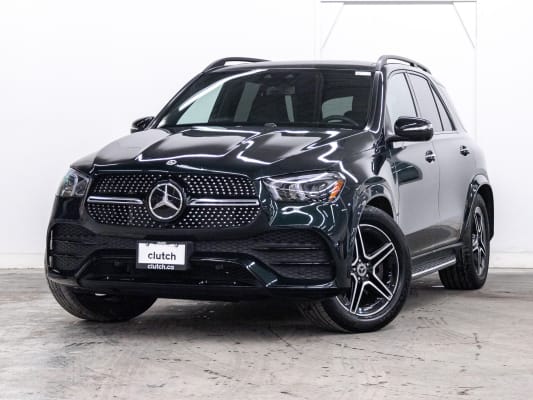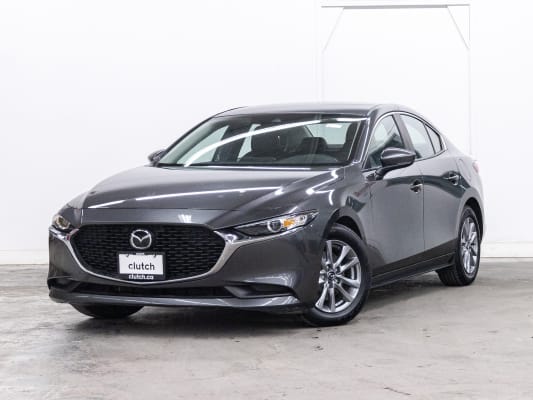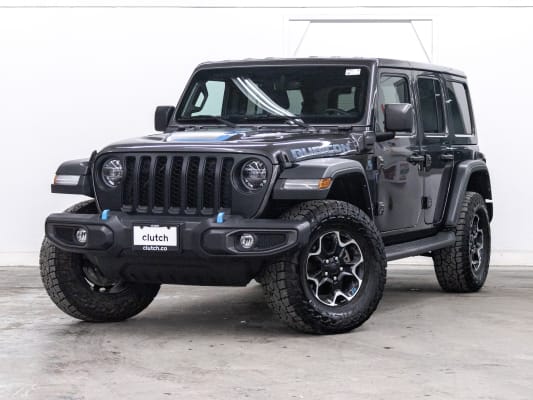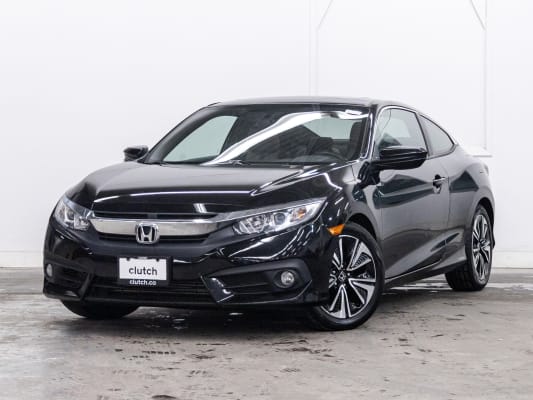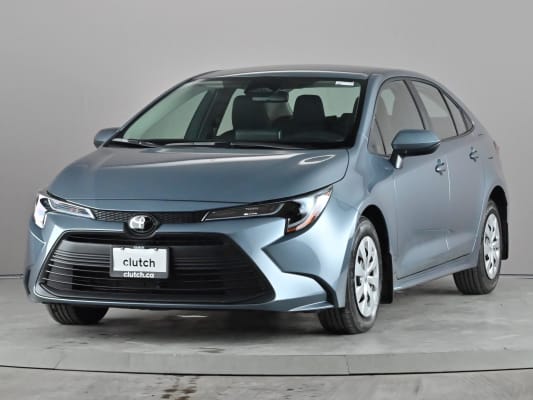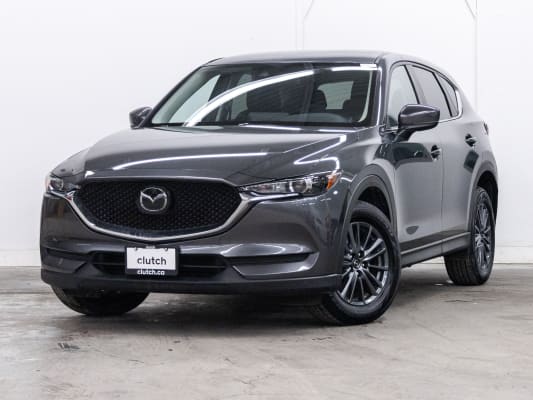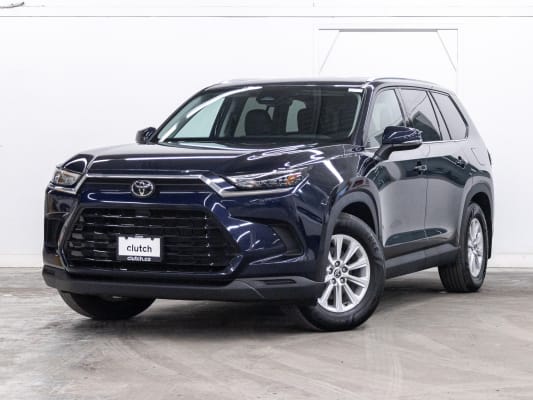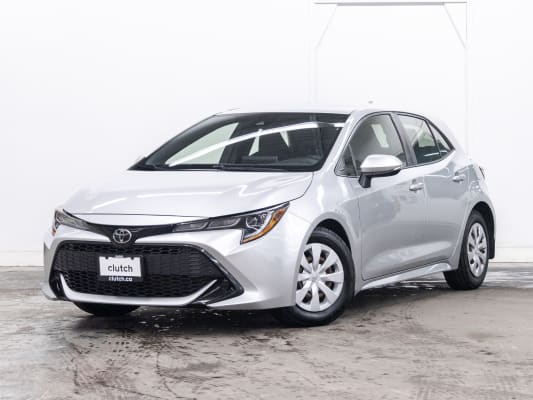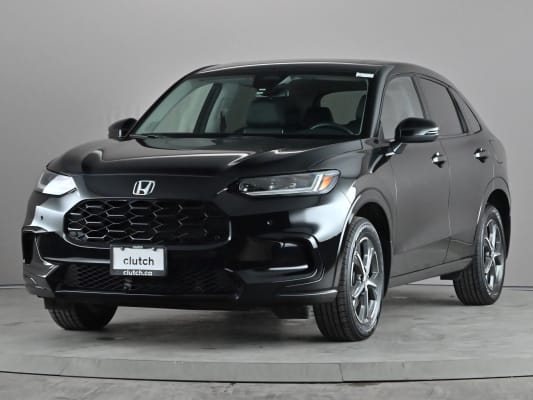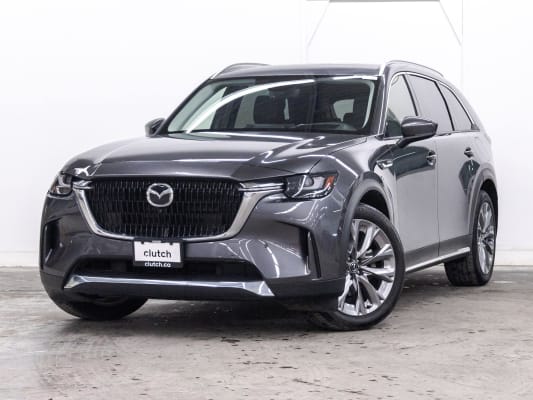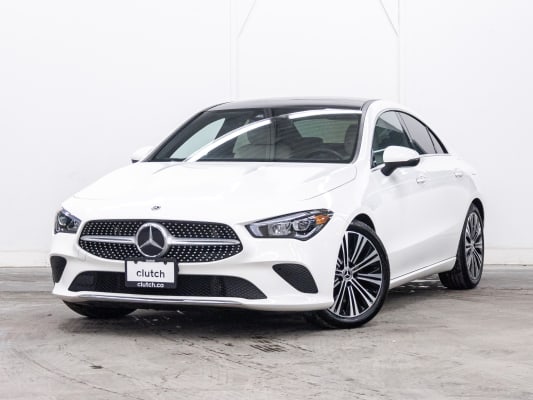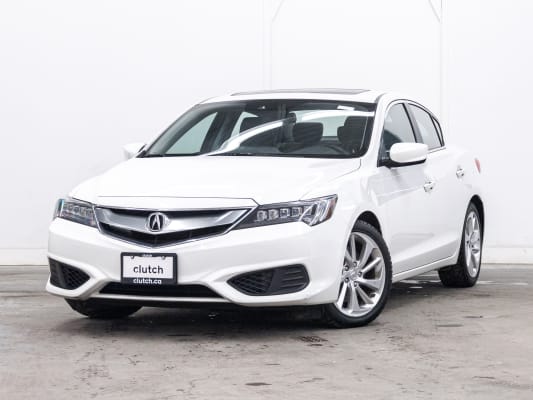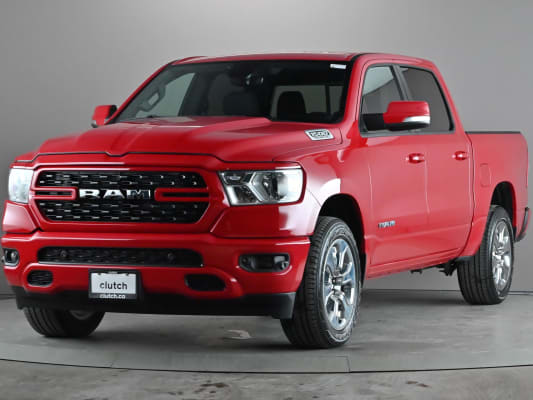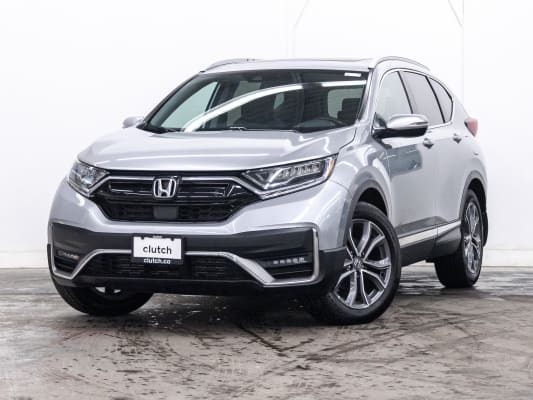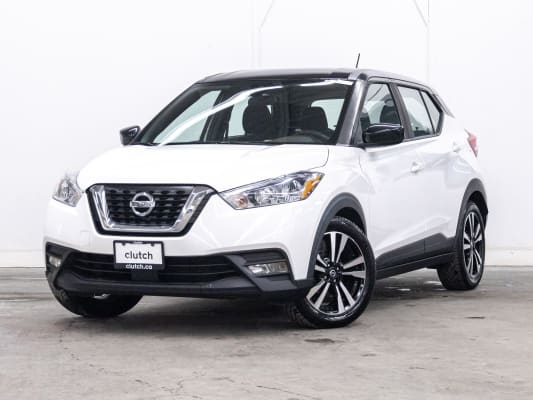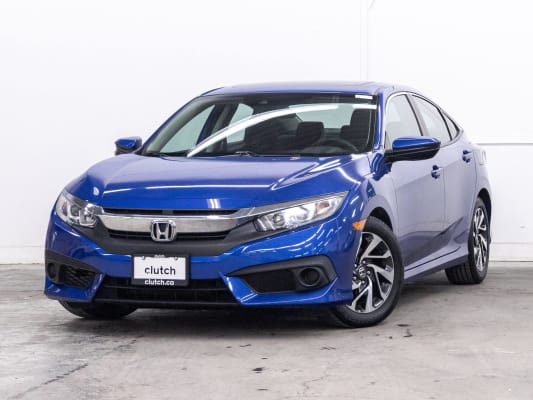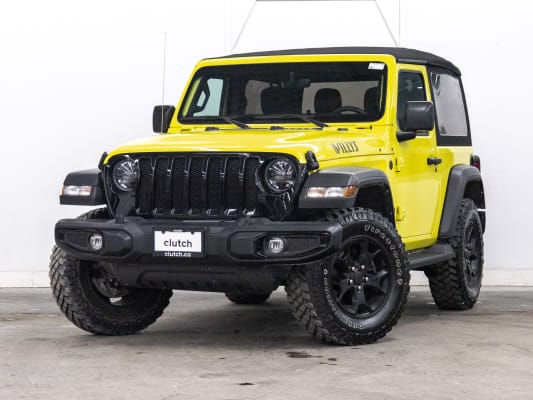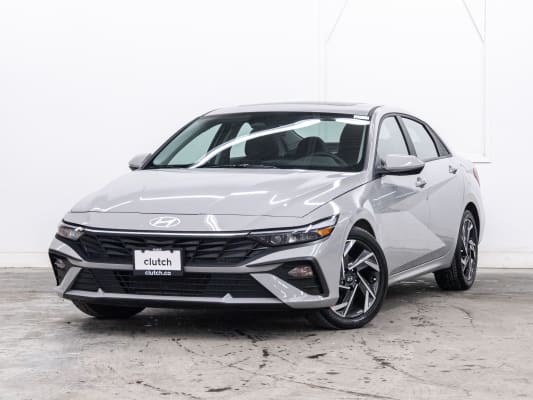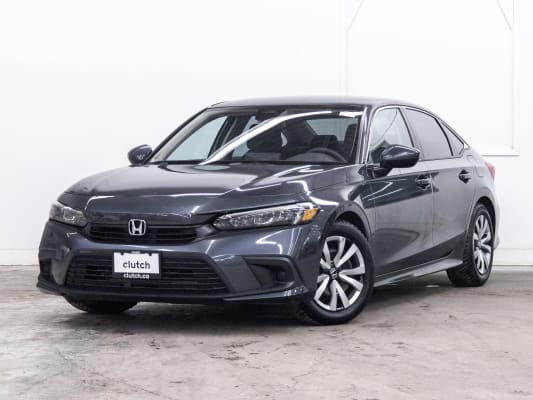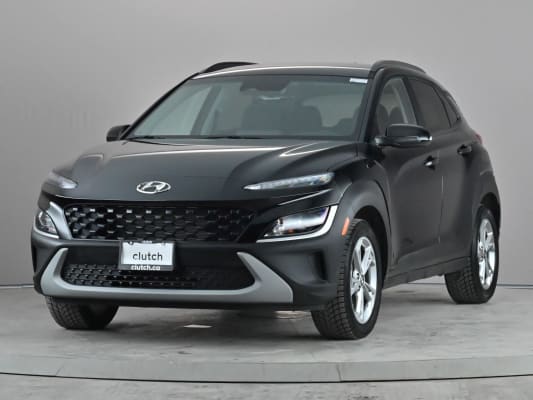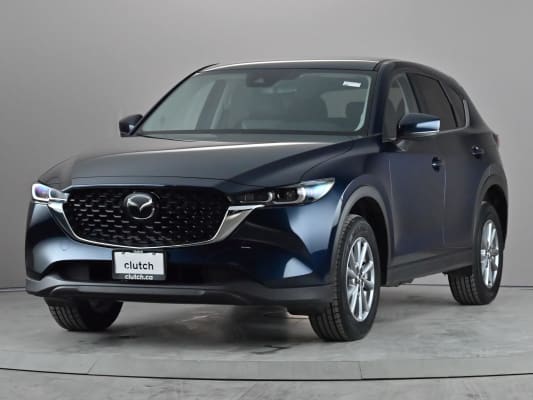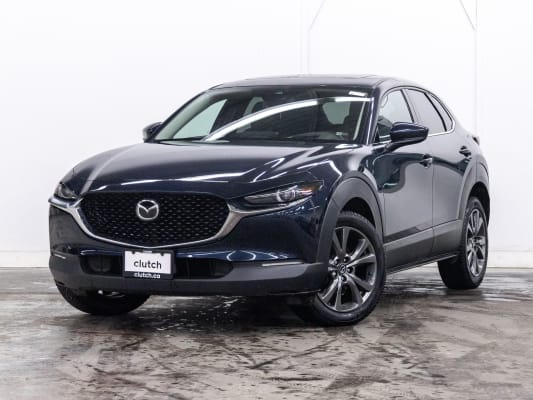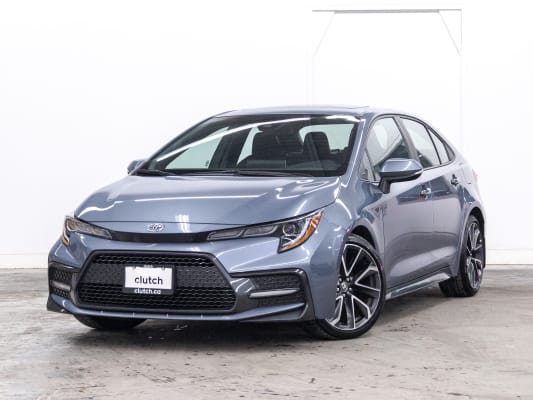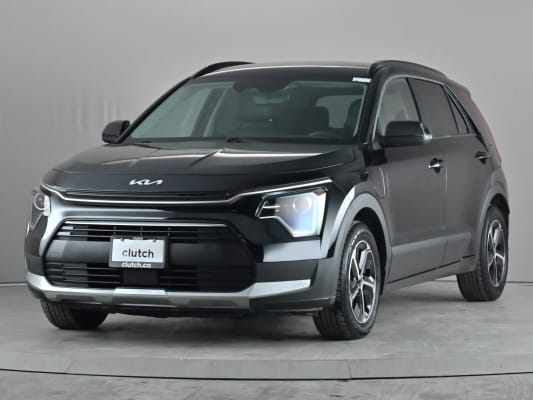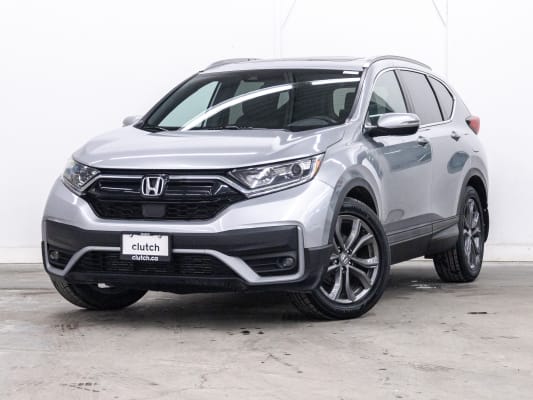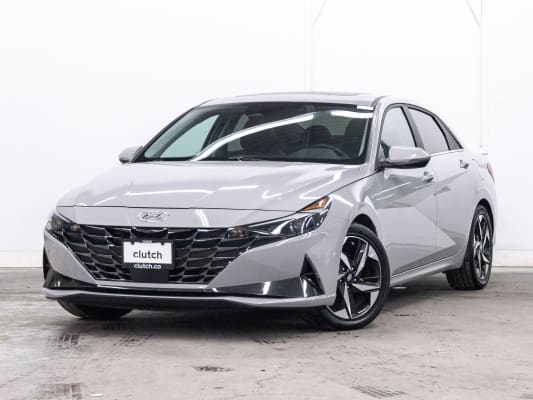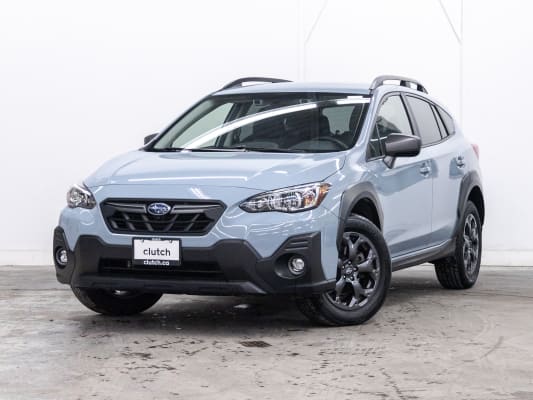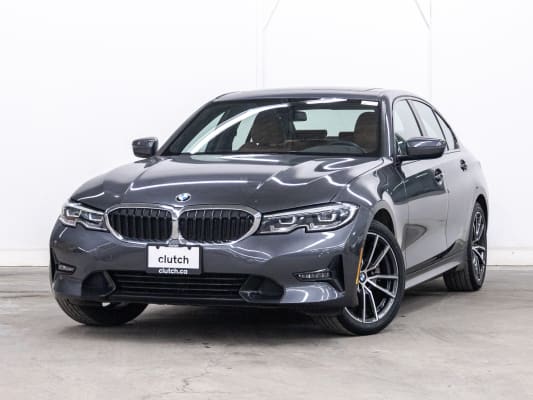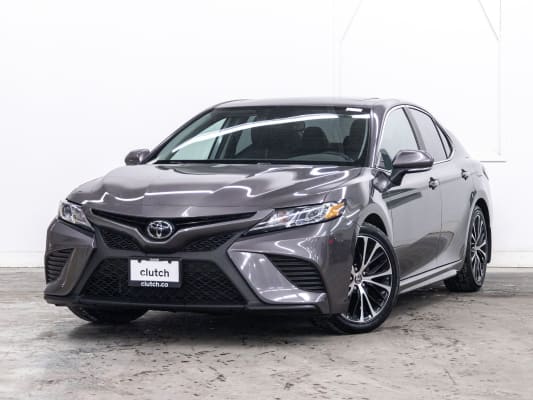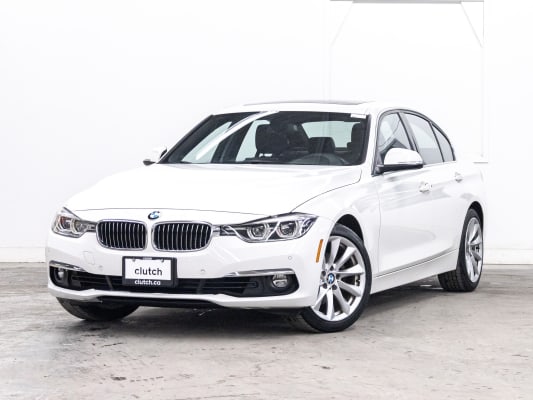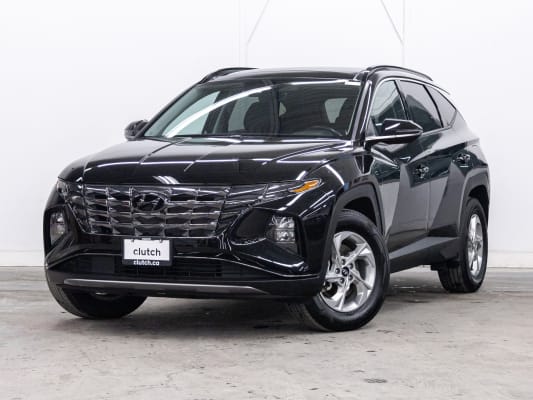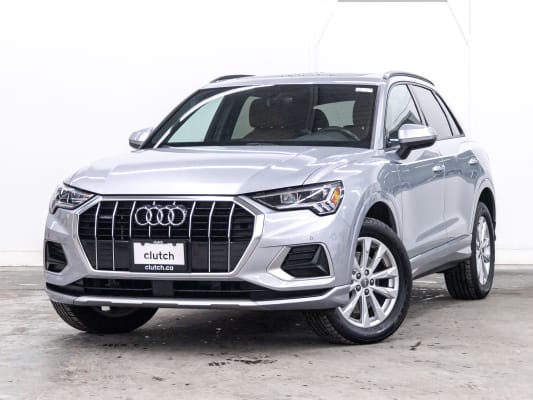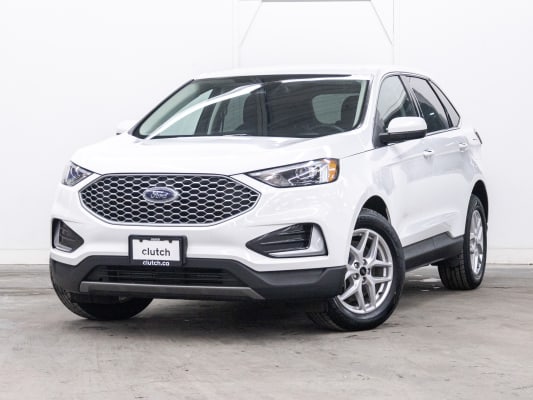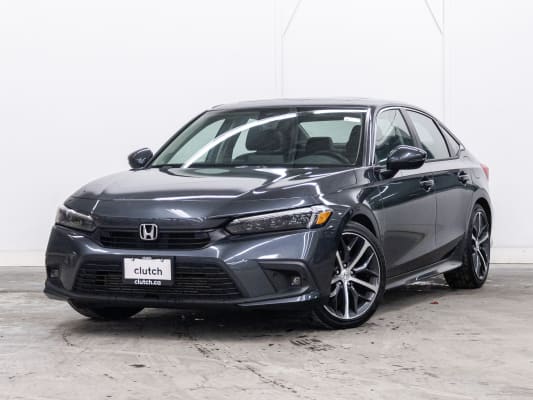SUVs surged in popularity during the 1990s, swiftly replacing minivans and wagons as the go-to family vehicle. At the time, relatively low gasoline prices meant fuel efficiency was seldom a concern. However, with today’s fluctuating fuel prices, automakers have prioritized innovation, incorporating hybrid, electric, and other fuel-saving technologies to make SUVs more fuel-efficient.
These advancements have made finding an SUV that balances comfort, cargo space, and reduced fuel costs easier. Explore this list of the most fuel-efficient SUVs available in Canada to discover your perfect match.
Most Fuel-Efficient SUVs in Canada
Listing the most fuel-efficient SUVs was once based solely on fuel consumption numbers. Today, SUVs offer various powertrain options, including electric, plug-in hybrid, hybrid, and traditional gasoline or diesel engines.
With all these powertrain options, finding the most fuel-efficient SUV has become a more detailed process. Below, we simplify your search for the most fuel-efficient SUV in Canada by highlighting models from each of the four powertrain categories.

7 Most Fuel-Efficient Gasoline or Diesel SUVs
Traditional SUVs come with gasoline- or diesel-only powertrains and tend to have the lowest upfront cost. This lower cost and simpler technology often comes at the expense of fuel consumption, as they use significantly more fuel than their hybrid, plug-in hybrid, and electric counterparts. However, with the right purchase, you can balance upfront cost savings and fuel economy numbers.

1. 2020-2024 Nissan Rogue
Leading the list of the most fuel-efficient diesel or gasoline SUVs is the 2020-2024 Nissan Rogue. In all four years, its combined fuel consumption with front-wheel drive (FWD) is 7.2 L/100 km. Adding all-wheel drive (AWD) bumps it to 7.6-7.7 L/100 km.
Shop used Nissan Rogue models on Clutch
{{widget-1}}

2. 2022-2024 Toyota Corolla Cross
The 2022-2024 Toyota Corolla Cross has a thrifty hybrid variant, but its gasoline model is quite efficient without relying on pricey technology at 7.3-7.4 L/100 km with FWD. Adding optional AWD pushed its fuel consumption to 7.8 L/100 km.
Shop used Toyota Corolla Cross models on Clutch


3. 2025 Nissan Kicks
The Nissan Kicks enters the conversation with its 2.0-litre four-cylinder engine, continuously variable transmission, and small stature, earning it a combined fuel consumption rating of 7.4 L/100 km. Adding optional AWD pushed this consumption to 7.7 L/100 km.
Shop used Nissan Kicks models on Clutch

4. 2022-2025 Hyundai Kona
The Hyundai Kona is a subcompact SUV with big fuel economy numbers. It comes standard with a 147-horsepower 2.0-litre engine and has an optional 195-horsepower 1.6-litre turbo four-cylinder powerplant. With the 2.0-litre base engine, the Hyundai Kona rings 7.4-7.5 L/100 km combined.
Shop used Hyundai Kona models on Clutch
{{widget-2}}

5. 2024-2025 Volkswagen Taos
Slipping in at No. 5 on our list is the 2024-2025 is the Volkswagen Taos. This small crossover rings in with a combined fuel consumption of 7.4-7.6 L/100 km, depending on the year.
Shop used Volkswagen Taos models on Clutch
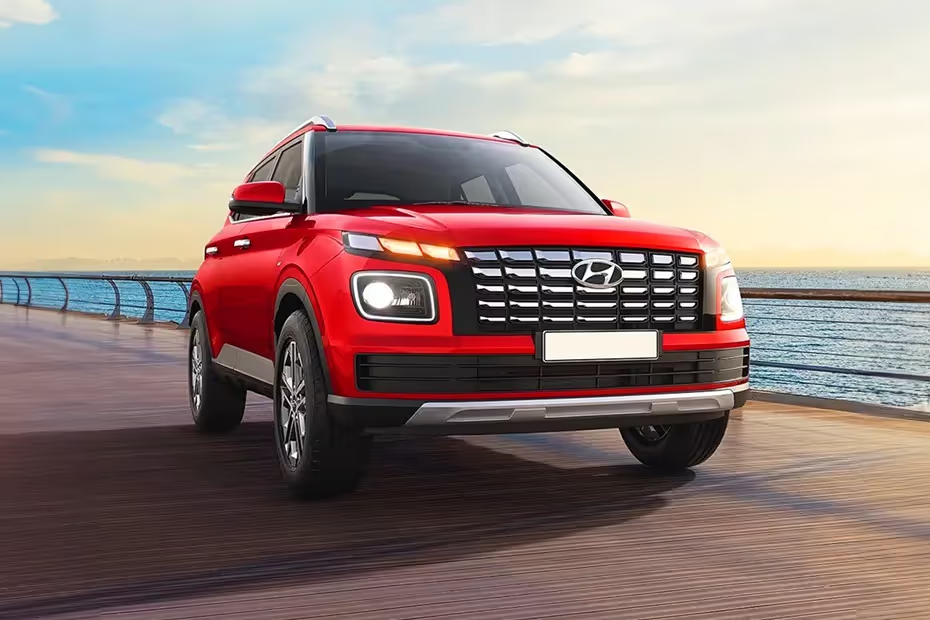
6. 2024-2025 Hyundai Venue
Another subcompact Hyundai makes it on our list, as the 2024-2025 Hyundai Venue comes in at number six. With its 1.6-litre four-cylinder engine, the Venue’s fuel consumption checks in at 7.5 L/100 km combined.
Shop used Hyundai Venue models on Clutch

7. 2024-2025 Kia Seltos
As the close cousin to the Hyundai Kona, the 2024-2025 Kia Seltos makes our list. With its base 2.0-litre four-cylinder engine, the Seltos’ fuel consumption checks 7.6 L/100 km combined with FWD.
Shop used Kia Seltos models on Clutch
{{widget-3}}

8 Most Fuel-Efficient Hybrid SUVs
Hybrid SUVs offer better fuel efficiency than traditional gasoline-only models without requiring a plug-in. You can start driving without additional steps. However, their fuel efficiency is lower compared to plug-in hybrid models.
Since hybrids lack an all-electric range, NRCan measures their fuel consumption using the same metric as gasoline models: litres per 100 kilometres (L/100 km).

1. 2023-2025 Toyota Corolla Cross Hybrid
Toyota released a hybrid version of its subcompact Corolla Cross crossover in 2023. This model comes standard with a 2.0-litre powertrain and AWD, which deliver the best hybrid fuel consumption in a hybrid SUV at 5.6 L/100 km combined.
Shop used Toyota hybrid models on Clutch

2. 2020-2024 Ford Escape Hybrid
Before the Corolla Cross Hybrid arrived, the 2020-2024 Ford Escape Hybrid was the king of the fuel-efficient hybrid hill in Canada. Despite being dethroned, the Ford Escape Hybrid is still a great option, as its standard front-wheel-drive setup delivers 5.8-6 L/100 km combined. Opting for all-wheel drive barely moves the needle at 5.9-6 L/100 km combined.
Shop used Ford Escape models on Clutch

3. 2019-2025 Toyota RAV4 Hybrid AWD
Toyota returns to our list of the most fuel-efficient SUVs in Canada list with the 2019-2025 Toyota RAV4 Hybrid. This fuel-efficient SUV checks in with fuel consumption numbers of 6 L/100 km combined. And it delivers this efficiency with standard all-wheel drive and a roomy cabin.
Keep in mind, the rugged Woodland Edition RAV4 Hybrid is an exception, as its upgraded suspension, wheels, and other features drop its efficiency to 6.4 L/100 km combined.
Shop used Toyota RAV4 Hybrid models on Clutch
{{widget-4}}

4. 2022-2025 Lexus NX 350h AWD
Based on hybrid technology similar to the Toyota RAV4 Hybrid, it only makes sense for the 2022-2025 Lexus NX 350h AWD to make the cut. It features the same 2.5-litre hybrid powertrain as the RAV4 but places it in an upscale crossover body with loads of premium features and materials. It matches the RAV4 Hybrid’s 6 L/100 km combined.
Shop used Lexus NX models on Clutch

5. 2021-2024 Toyota Venza AWD
The Toyota Venza returned in 2021 as a hybrid-only crossover featuring all-new styling and standard all-wheel drive. This all-new hybrid crossover delivers 6.1 L/100 km combined consumption ratings, placing it fifth among hybrid SUVs.
Shop used Toyota Venza models on Clutch


6. 2023-2025 Kia Sportage Hybrid
Kia has been betting big on its SUV lineup, and now nearly all of them have at least one electrified powertrain. The Sportage got its electrified treatment in 2023. This model pairs a 1.6-litre turbo four-cylinder engine with an electric motor for a total of 227 horsepower and 258 pound-feet of torque. This power flows through a six-speed automatic transmission to all four wheels.
Despite ample power and standard AWD, the Kia Sportage Hybrid this compact crossover is quite fuel efficient. Its consumption rating rings in at 6.2 L/100 km combined.
Shop used Kia Sportage models on Clutch

7. 2025 Mazda CX-50 Hybrid
In 2025, Mazda finally bestowed its compact CX-50 SUV with a hybrid powertrain that delivers 219 horsepower and plenty of pep. It also features the zippy personality Mazda is known for while delivering a combined fuel-consumption rating of 6.2 L/100 km.
Shop used Mazda CX-50 models on Clutch

7 Most Fuel-Efficient Plug-In Hybrid SUVs
If you want better efficiency than a hybrid but aren’t ready for a fully electric vehicle, a plug-in hybrid SUV is a great middle ground. These vehicles combine an electric motor with a gasoline engine to improve fuel economy. They also feature larger batteries, enabling limited all-electric driving—typically up to 70 km.
Plug-in hybrid electric vehicles (PHEVs) have a shorter all-electric range than fully electric models. However, when the battery runs out, they seamlessly switch to hybrid mode for extended range.
PHEVs receive two efficiency ratings. The first is their electric efficiency, measured in litres equivalent per 100 kilometres (Le/100 km). The second is their traditional hybrid fuel consumption rating in litres per 100 kilometres (L/100 km).

1. 2020-2025 Ford Escape Plug-In Hybrid
The 2020-2025 Ford Escape Plug-In Hybrid is Canada's most efficient plug-in hybrid SUV with a combined rating of 2.2-2.3 Le/100 km on battery power and 5.8-5.9 L/100 km combined rating in hybrid mode. With a full battery, the Escape has a 60 km range, and its hybrid mode adds another 771-790 km.
Shop used Ford Escape hybrid models on Clutch

2. 2021-2025 Toyota RAV4 Prime
The 2021-2025 Toyota RAV4 Prime checks in at No. 2 on our most fuel-efficient plug-in hybrid SUVs list. It boasts a 2.5 Le/100 km combined rating on battery power and 6 L/100 km combined rating in hybrid mode. The RAV4 Prime offers a 68 km all-electric range and a 911 km range in hybrid mode.On top of all this, the RAV4 Prime delivers an exhilarating 0-100 km/h time of around six seconds.
Shop used Toyota RAV4 Prime models on Clutch

3. 2020-2023 Subaru Crosstrek Hybrid AWD
There’s some debate whether the 2021-2023 Subaru Crosstrek Hybrid AWD is a lifted hatchback or a true crossover SUV. Regardless, the Crosstrek Hybrid AWD pairs Subaru's legendary off-road prowess with a fuel-efficient powertrain. This delivers a respectable 2.6 Le/100 km combined consumption rate on battery power and 6.7 L/100 km combined rating in hybrid mode. With a fully charged battery, the 2021-2023 Crosstrek Hybrid can travel up to 27 km on battery alone and then another 747 km in hybrid mode.
Shop used Subaru Crosstrek models on Clutch

4. 2022-2025 Lexus NX 450h+ AWD
The Lexus NX 450h+ has the same powertrain as the RAV4 Prime, so, logically, it will make its way onto our list of the most fuel-efficient SUVs in Canada. This luxurious PHEV boasts a 2.8 Le/100 km rating on battery power and 6.6 to 6.7 L/100 km rating in hybrid mode. It also delivers a 60 to 61 km all-electric range and an 818 to 835 km range when this luxury SUV is in hybrid mode.
Shop used Lexus NX hybrid models on Clutch

5. 2023-2025 Kia Sportage Plug-In Hybrid
Kia has invested heavily in electrified SUVs, including the plug-in hybrid version of the Kia Sportage. This stylish and efficient PHEV SUV offers a combined fuel consumption rating of 2.8 Le/100 km on battery power and 6.7 L/100 km in hybrid mode.
Shop used Kia Sportage hybrid models on Clutch

6. 2022-2024 Hyundai Tucson Plug-In Hybrid
Following the trend set by the Kia Sportage, its close relative, the Hyundai Tucson, also offers a plug-in hybrid variant. The 2022-2024 Hyundai Tucson Plug-In Hybrid ranks among the most fuel-efficient SUVs in Canada. It achieves a combined consumption rate of 2.9 Le/100 km on battery power and 6.7 L/100 km in hybrid mode.
With a fully charged battery, the Tucson PHEV can travel up to 53 km on electricity alone. Paired with a full gas tank, it provides an additional 626 km in hybrid mode.
Shop used Hyundai Tucson models on Clutch

7. 2022-2024 Kia Sorento Plug-In Hybrid
Another Kia SUV earns a place on our list: the midsize 2022-2024 Sorento Plug-In Hybrid. Despite its larger size, it features a 1.6-litre turbocharged four-cylinder engine paired with an electric motor, delivering 227 horsepower and 258 pound-feet of torque.
The Sorento PHEV also boasts impressive fuel efficiency, with a combined consumption rate of 3 Le/100 km on battery power and 6.9 L/100 km in hybrid mode.
Shop used Kia Sorento models on Clutch

7 Most Fuel-Efficient Electric SUVs
For those with a larger budget, all-electric SUVs offer unmatched efficiency. Their upfront costs are typically higher than hybrid or gasoline-powered models, and you may need to invest in dedicated charging equipment to reduce charging times. However, they tend to pay for themselves over time with fuel cost savings.
Electric SUVs do not use gasoline.=, so Natural Resources Canada (NRCan) calculates their energy consumption using a formula that converts electricity use into a gasoline-equivalent rating (Le/100 km).

1. 2020-2025 Tesla Model Y
The 2020-2025 Tesla Model Y leads all other battery electric vehicle (BEV) SUVs in fuel efficiency, but its fuel economy varies greatly between its variants and years.
The most fuel-efficient Model Y is the 2021 Standard Range model, rated at 1.8 Le/100 km combined. The Performance models are the least efficient version, ringing in at 2.0 to 2.1 Le/100 km city, 2.2 to 2.3 Le/100 km highway, and 2.1 to 2.2 Le/100 km combined.
The all-electric small SUV has an all-electric range (AER) of 393 to 531 km.
Shop used Tesla Model Y models on Clutch
{{widget-5}}

2. 2023-2025 Toyota bZ4X
Toyota secures the No. 2 spot on our list with the bZ4X SUV, developed in partnership with Subaru. The two-wheel-drive (2WD) bZ4X achieves an impressive efficiency rating of 2.0 Le/100 km combined, with an all-electric range (AER) of 406 km.
Opting for all-wheel drive (AWD) reduces efficiency. The AWD bZ4X delivers 2.3 Le/100 km combined, with an AER of 367 km.

3. 2019-2024 Hyundai Kona Electric
The 2019-2024 Hyundai Kona Electric rings in at No. 3 on the list of most fuel-efficient SUVs at 1.8 Le/100 km city, 2.2 to 2.3 Le/100 km highway, and 2 Le/100 km combined. The downside to this electric SUV is it’s only available in front-wheel drive.
The Kona Electric has an AER of 415 to 497 km.
Shop used Hyundai Kona models on Clutch

4. 2025 Volvo EX30
New for 2025 is the Volvo EX30 electric crossover SUV. With its combined fuel consumption rating as low as 2 Le/100 km, it firmly belongs on this list. The problem is it’s only one version of this model that offers this efficiency, the Extended Range model with 19- or 20-inch wheels. All other versions are slightly less efficient, such as the Extended Range with 18-inch wheels at 2.1 Le/100 km and the Twin Performance model at 2.2 Le/100 km.

5. 2024 Kia EV6 Wind
Kia rolls in again with its 2024 EV6, but it’s only one version that makes the cut, the Wind trim. This model may not be the lightning-fast GT variant but delivers fuel consumption ratings as low as 2.0Le/100 km combined. Plus, it looks really good in the process. Its AER also checks in at a stout 499 km.

6. 2024 Audi Q4 e-tron
The 2024 Audi Q4 45 e-tron brings a touch of luxury to the list of Canada’s most efficient SUVs. It achieves a combined efficiency rating of 2.1 Le/100 km and offers an impressive all-electric range of 463 km on a full charge.

7. 2022-2024 Volkswagen ID.4
The Volkswagen ID.4 has been on the market since 2022, offering VW a competitive electric SUV to rival Tesla in efficiency. The 2023 and 2024 models boast a combined efficiency rating of 2.1 to 2.2 Le/100 km, while the 2022 model was slightly less efficient at 2.3 Le/100 km combined.
The ID.4's all-electric range (AER) varies from 336 to 468 km, depending on the configuration.

Find the Most Fuel-Efficient SUV With Clutch
Finding the most fuel-efficient SUV just got easier with Clutch, Canada's first-ever online car-buying experience. We provide a wide selection of quality pre-owned SUVs and a completely online purchasing experience. To make your search even easier, our website includes fuel consumption rates for each vehicle, helping you confidently compare and choose the most efficient SUV.








-02.avif)

